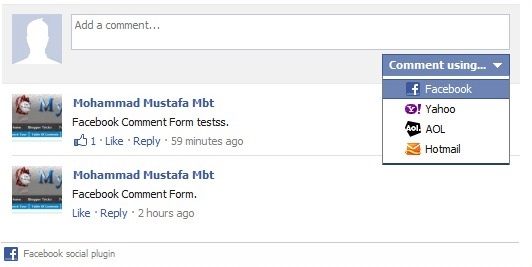Huawei Ascend P8 vs Ascend P7 - The flagship phones from China
In the highly competitive smartphone market, the China-based smartphone maker Huawei made its name with the Ascend series. The brand launched the Huawei Ascend P6 in 2013 as the world’s slimmest smartphone at that time. However, after the Ascend P6, the vendor lost the interest in the race of slimmest devices. The Ascend P6 was followed by the 6.5mm thick Huawei Ascend P7 in 2014.
This year, the company has launched the all-metal Huawei Ascend P8 measuring ultra-thin 6.4mm around the waist. So, where does the Ascend P8 stands against the Ascend P7? Let’s compare their features to find out more.
Huawei Ascend P8 vs Ascend P7: The successor vs predecessor
Design
The 2014 Huawei flagship, the Ascend P7 sports a slim 6.5mm body with a textured aluminium frame on the sides. At the rear panel, the phone offers a flat pane of toughened glass. Another highlight of the device is its curvy bottom edge and textured finish at the back. The Ascend P8 on the other hand flaunts a super slim 6.4mm waistline and is made out of aerospace-grade aluminium. Overall, in terms of design, the unibody metal Ascend P8 certainly looks better than the Ascend P7.
The 2014 Huawei flagship, the Ascend P7 sports a slim 6.5mm body with a textured aluminium frame on the sides. At the rear panel, the phone offers a flat pane of toughened glass. Another highlight of the device is its curvy bottom edge and textured finish at the back. The Ascend P8 on the other hand flaunts a super slim 6.4mm waistline and is made out of aerospace-grade aluminium. Overall, in terms of design, the unibody metal Ascend P8 certainly looks better than the Ascend P7.
Display and OS
The Huawei Ascend P7 and P8, both the smartphones offer outstanding displays. The Ascend P7 is equipped with a 5-inch full HD screen bearing a pixel density of 441 pixels per inch. The Ascend P8 offers a slightly bigger 5.2-inch full HD display with a pixel density of 424 pixels per inch. Overall, both devices offer almost similar media viewing experience with full HD screen panels.
Configuration
The Huawei Ascend P7 utilises a 1.8GHz quad-core HiSilicon Kirin 910T processor, which is further supported by a Mali 450 MP4 GPU and 2GB of RAM. The Huawei Ascend P8 on the other hand is powered by the next-gen 64-bit octa-core HiSilicon Kirin 835 processor, aided by a meaty 3GB of RAM. So, the Ascend P8 clearly offers better performance than its predecessor.
Storage capacity & Software
The Huawei Ascend P7 comes in a single variant with 16GB of internal memory, which is further expandable up to 64GB via a microSD card slot. The Ascend P8 on the other hand comes in 16GB and 64GB flash memory variants, which can be further increased by a nanoSIM/microSD combo slot. On the software front, the Ascend P7 runs Android KitKat, but hasn’t yet received Lollipop as of now. The Ascend P8 gets another advantage here as it runs Android Lollipop out of the box.
Camera
Talking about the camera specs, the Ascend P7 and P8, both are equipped with 13MP primary shooters and 8MP secondary snappers. However, Huawei is touting the Ascend P8 as the world’s first smartphone to offer a 13MP camera sensor that captures light in red-green-blue-white, resulting in DSLR-quality images thanks to an independent image processor.
Connectivity & Battery
Connectivity features are almost similar including 4G LTE support, 3G, Wi-Fi, Bluetooth 4.0, micro-USB, NFC, and A-GPS. However, the Ascend P8 is loaded with the company’s new Signal+ technology with two antennas to avoid data or network signal issues. Talking about the battery, the Ascend P7 is fueled by a 2,500mAh unit that delivers 14 hours of talk time. The Ascend P8 is backed by a 2,680 battery that promises to last 2.3 days on mixed usage.
Conclusion
Coming to the verdict, the Huawei Ascend P7 is still a decent offering with a full HD display, a powerful processor, 4G LTE support, and decent camera specs. However, its successor, the Huawei Ascend P8 is certainly is great upgrade over its predecessor. The phone offers a bigger display, higher performance, better camera features, and a bigger battery. Coming to the prices, the Ascend P7 is currently retailing online for around Rs 22,800. The Ascend P8 is yet to reach India, and is expected to retail for around Rs 33,500.
Author: Kundan Srivastava



Comments
Post a Comment